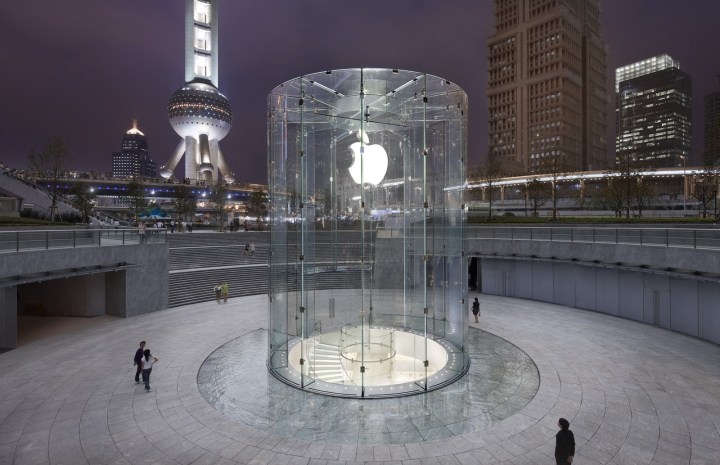
Previously, whenever an iPhone user from China wanted to buy an app or make an in-app purchase, they had to make the payment through their mobile provider, either with credit cards or pre-payments made to the carrier in advance. Now that Apple and UnionPay have paired up, iPhone users will be able to link their UnionPay credit cards with their Apple ID to make purchases.
“The ability to buy apps and make purchases using UnionPay cards has been one of the most requested features from our customers in China,” said Eddy Cue, Apple’s senior vice president of Internet Software and Services. “China is already our second largest market for app downloads, and now we’re providing users with an incredibly convenient way to purchase their favorite apps with just one-tap.”
Seeing as UnionPay is the most popular card provider in China, and has issued an astonishing 4.5 billion cards worldwide, in total; there’s a good chance many will take advantage of its integration for app purchases. The deal is huge news for Apple, but it’s even more exciting for iPhone users in the country. Even though this isn’t a complete launch of the new Apple Pay system in China, it lays important foundations for its launch in the future, and cements ties between the two companies.
Apple CEO Tim Cook recently called China a “key market,” and added Apple Pay was at the top of its to-do list there, also discussing ongoing talks between it and China’s largest online payment service Alipay. Either way, it looks as though Apple Pay’s brand new tap-to-pay function could reach China sooner rather than later.


